May 2013: The Worst Video Media Disaster
The mayor of the fourth largest city in North America was accused of smoking crack cocaine by three journalists who viewed an unreleased video earlier this month. Not just any mayor, but Toronto Mayor Rob Ford, long known as a bombastic loudmouth who isn’t afraid to go on the offensive.
But in this case he didn’t go on offense for several days. His lack of doing so was noteworthy since it was inconsistent with his previous actions—and it led large swaths of the public to reach the conclusion that he’s guilty of at least something.
Here’s the story: On May 16, journalists for an American website and a Canadian newspaper said they had been shown a “secret” video of Rob Ford appearing to smoke crack. The next day, Ford faced reporters and issued this uninspired denial:
If you were falsely accused of smoking crack, wouldn’t you issue a stronger denial? Eight days later—on May 24—Ford finally spoke to the media again to issue another denial. But trucks could have driven through the holes in his vague statement:
Notice specifically what he said at the beginning of this statement: “I do not use crack cocaine. Nor am I an addict of crack cocaine.” He used the present tense (“I do not use…) rather than the past tense (“I have never used…”), a Clintonesque and lawyerly verbal construction that guilty people frequently hide behind. Nor, for the record, had anyone asked whether he was an “addict,” making that statement downright bizarre.
The vacuum caused by Ford’s lack of a solid response led to other charges, including a possible connection to murder. His administration is a mess. His chief of staff, press secretary, and deputy press secretary have all resigned. It will be interesting to see if Ford can survive this scandal—and if so, whether he can get anything done. True to his defiant nature, Ford has pledged to seek a second term.
A note about the Obama Administration’s IRS scandal
The other leading candidate for the worst video disaster of the month was the scandal involving the IRS and its targeting of Tea Party-affiliated groups. The particular moment worth citing was when Lois Lerner, the director of the Internal Revenue Service’s tax-exempt organizations office, disclosed at a meeting that her office had indeed been guilty of such targeting.
In addition to other reasons, that moment is worthy of mention because of the ham-fisted way she tried to disclose the scandal. Instead of notifying the press, disclosing everything she knew, taking responsibility and appearing forthright, she tried to slip it out casually during an otherwise routine meeting of the American Bar Association. Worse, she planted the question by arranging for it to be asked by an attendee at the meeting.
Attendees at the meeting were shocked by her bombshell disclosure. Those meetings are usually uneventful; several attendees remarked afterward that it seemed like an odd venue to bring it up.
From a PR perspective, Ms. Lerner used one of the worst possible techniques to disclose damaging information—and in so doing, she diluted her own trustworthiness while increasing the public’s suspicion. This was never going to be an easy scandal for her—or the Obama Administration—to manage. Ms. Lerner made a difficult task even harder.
Rob Ford photo credit: Gawker
If you enjoyed this article, would you please help me reach a larger audience by sharing it with your social networks? Share buttons are below. Thank you!
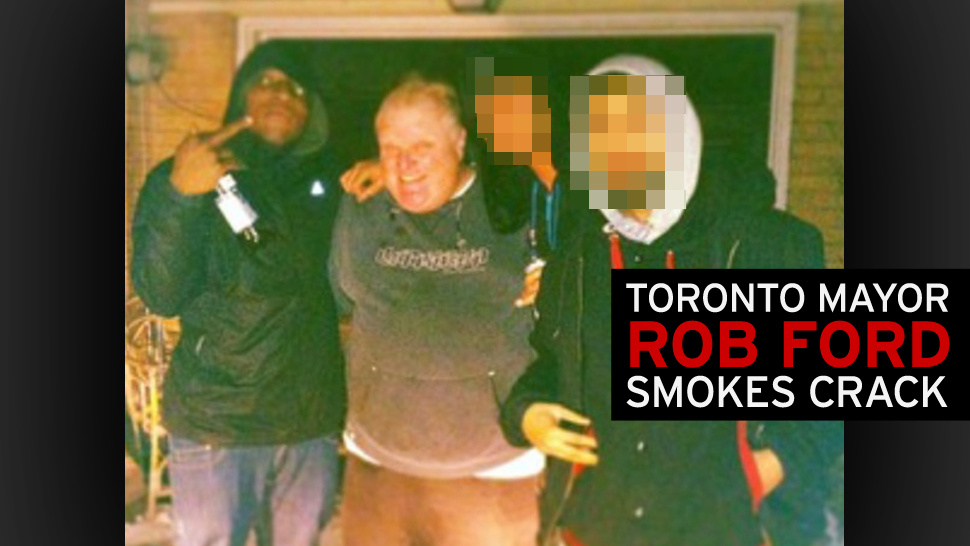
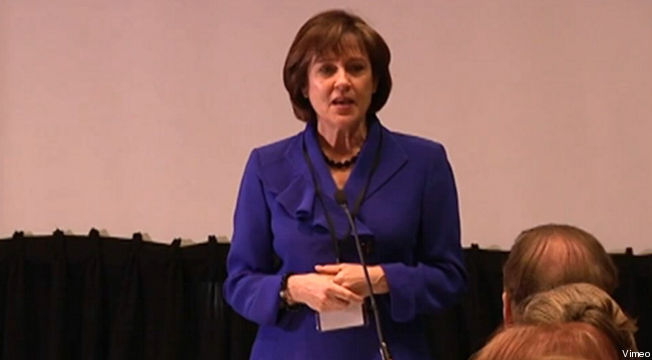
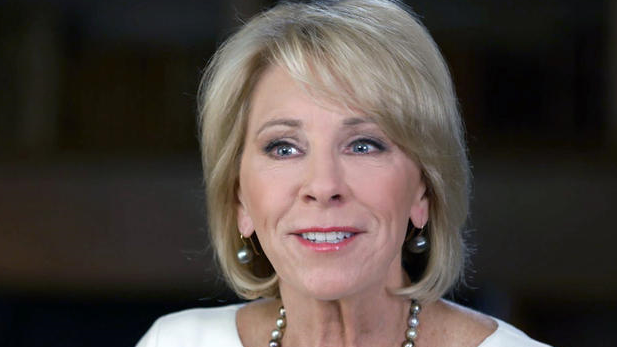
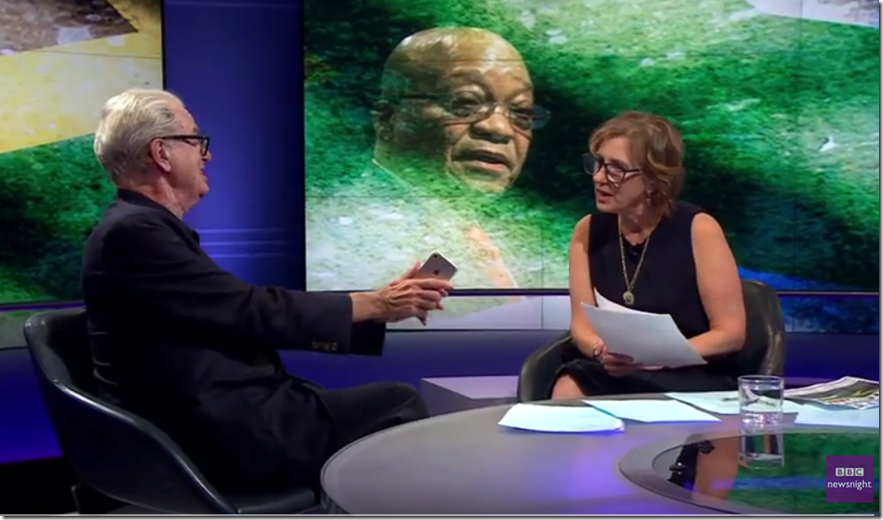
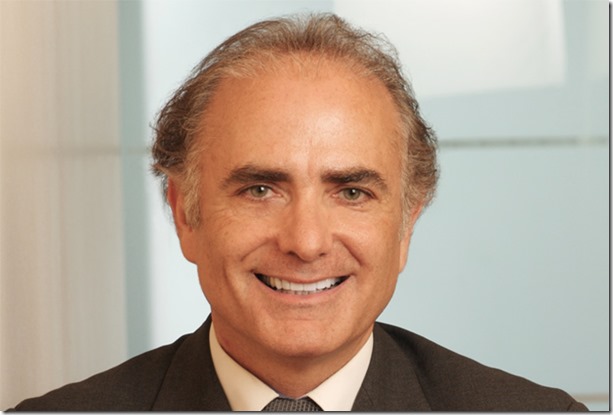
I think there are many people who would agree that this mayor has the reverse midas touch… just about everything he’s come into contact with has ended up becoming an absolute train wreck (although, he does have a stubborn core of support that continues to stick with him).
His past behaviour suggests that Mr. Ford will only own up to his shortcomings when definitive evidence surfaces. And true to form, he and his brother don’t seem to be taking any advice and appear content to hope this whole thing blows over. They keep saying it’s “business as usual”. If that’s true, I’d hate to see what the brothers Ford consider a crisis. But, short of the video ever seeing the light of day, it’s hard to see them changing tack now.
Brad, have you ever seen an example of the ostrich tactic working?
I suppose it can work in that he might be able to remain Mayor until the next election… but I think this will cost him all but his core support which probably won’t be enough to carry him past other candidates who won’t bring the circus to city hall. Not to mention the toll this alleged behaviour will take on his personal health and well-being.
As a communicator, I have been horrified at his response to the scandal, and whenever he’s questioned in a scrum, he just says, “Anything else? Anything else?” and walks out. Here is the problem, though: it’s working. Sure, city hall has ground to a halt. Sure, reporters are desperately trying to dig up other dirt. But, in the absence of anything new to report and his steadfast refusal to comment, it is “sort of” going away. His approval rating has remained steady and he’s off the front pages. The only consistent thing he’s ever done is to refuse to comment — and at that, he’s going a good job. He’s refusing to step down, and no one can make him step down. I agree wtih Brett’s question….is it even POSSIBLE that his strategy will work? If so, will it re-write the crisis communications book, or at least add a chapter?
Tania,
Thanks very much for your comment.
You’re right – I’ve been watching from here in New York, and have also been surprised that Mr. Ford’s strategy is working, at least somewhat. On the other hand, there’s a rather long list of politicians who have outlasted scandals: Louisiana Senator David Vitter comes to mind, as does former MA Rep. Barney Frank, Sen. John McCain (who was one of the infamous “Keating Five”), and President Bill Clinton (“I did not have sexual relations with that woman…”).
Just because Mr. Ford is still in office doesn’t mean he’s survived the scandal with his full power intact. Nor does he have the charisma (or back story) of Sen. McCain or President Clinton, which occasionally helps politicos draw second life.
Voters will get to decide whether he warrants a second term. For the sake of the city, I sure hope they don’t give it to him. Closer to home, I hope voters draw the same (negative) verdict of Anthony Weiner, who’s perilously close to leading the polls for NYC mayor.
Best wishes,
Brad